A knight in the service of a duke goes to a coastal village where an earlier attempt to build a defensive castle has failed. He begins to rebuild the duke’s […]
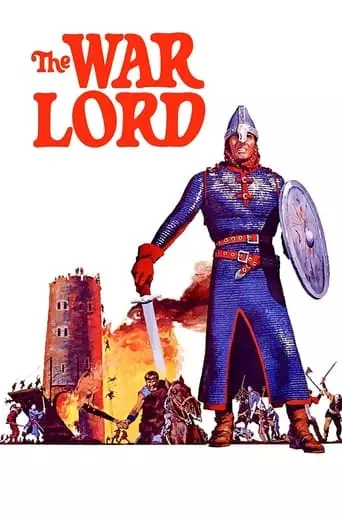
A knight in the service of a duke goes to a coastal village where an earlier attempt to build a defensive castle has failed. He begins to rebuild the duke’s […]
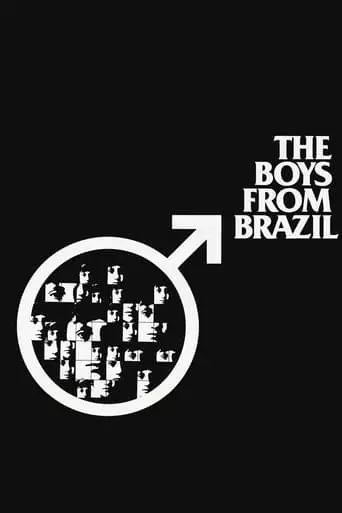
The Boys from Brazil is a thriller set in the late 1970s that follows Nazi hunter Ezra Lieberman as he uncovers a sinister plot orchestrated by Josef Mengele, the infamous […]
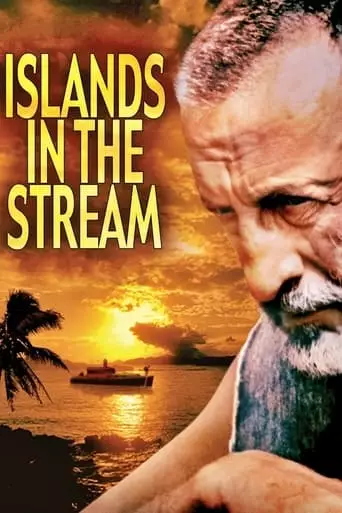
An isolated sculptor is visited by his three sons just before the start of WWII. Islands in the Stream (1977), directed by Franklin J. Schaffner, is an adaptation of Ernest […]
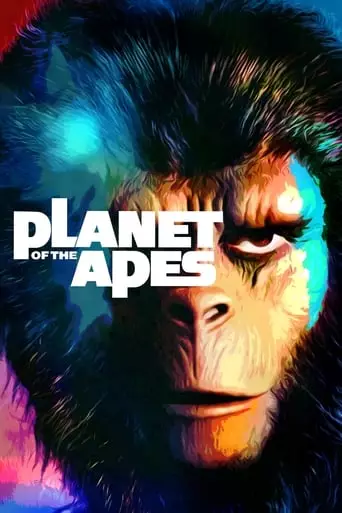
Astronaut Taylor crash lands on a distant planet ruled by apes who use a primitive race of humans for experimentation and sport. Soon Taylor finds himself among the hunted, his […]
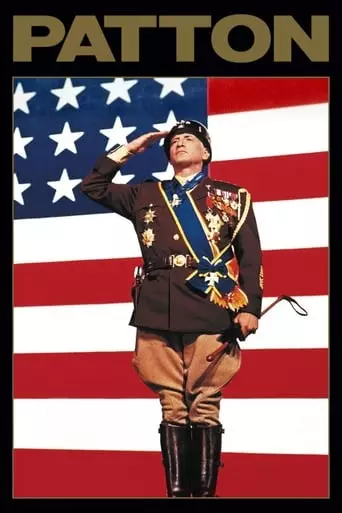
Patton tells the tale of General George S. Patton, famous tank commander of World War II. The film begins with patton’s career in North Africa and progresses through the invasion […]
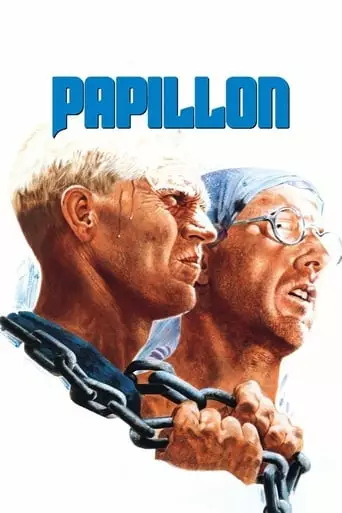
A man befriends a fellow criminal as the two of them begin serving their sentence on a dreadful prison island, which inspires the man to plot his escape. Papillon (1973) […]
Franklin J. Schaffner: The Visionary Behind Iconic Cinema
Franklin J. Schaffner was a director whose versatility and command of cinematic storytelling left an indelible mark on Hollywood. Best known for his work on classics such as Planet of the Apes (1968), Patton (1970), and The Boys from Brazil (1978), Schaffner combined a keen eye for visual spectacle with a deep understanding of character and narrative. His films often explored grand themes of power, identity, and humanity, making him one of the most respected directors of his era.
Over a career spanning decades, Schaffner’s ability to work across genres—from historical epics to science fiction—cemented his legacy as a masterful storyteller.
Early Life and Career Beginnings
Franklin James Schaffner was born on May 30, 1920, in Tokyo, Japan, to American missionary parents. Raised in Japan until the age of five, he later moved to the United States, where his family settled in Pennsylvania. Schaffner attended Franklin & Marshall College and later studied law at Columbia University before serving in the U.S. Navy during World War II.
After the war, Schaffner began his career in television, directing live dramas during the “Golden Age of Television.” His work on anthology series such as Studio One and Playhouse 90 showcased his talent for handling complex narratives and earned him multiple Emmy Awards.
Transition to Film
Schaffner transitioned to feature films in the early 1960s, bringing his television-honed skills to the big screen. His early works, such as The Stripper (1963) and The Best Man (1964), demonstrated his ability to handle intimate character-driven stories.
However, it was his foray into ambitious, large-scale filmmaking that truly defined his career.
Breakthrough with Planet of the Apes (1968)
Schaffner achieved international acclaim with Planet of the Apes, a groundbreaking science fiction film based on Pierre Boulle’s novel. Starring Charlton Heston, the film follows an astronaut who crash-lands on a mysterious planet ruled by intelligent apes.
Schaffner’s direction brought a sense of gravitas and realism to the fantastical premise. His collaboration with makeup artist John Chambers, whose prosthetic work won an honorary Academy Award, helped create a visually immersive world.
The film’s shocking twist ending—revealing that the “alien” planet was Earth all along—became one of the most iconic moments in cinema history. Planet of the Apes was a critical and commercial success, solidifying Schaffner’s reputation as a visionary filmmaker.
Oscar Glory with Patton (1970)
Schaffner’s crowning achievement came with Patton, a biographical war drama about the controversial World War II general George S. Patton. Written by Francis Ford Coppola and Edmund H. North, the film starred George C. Scott in a career-defining performance.
Schaffner’s direction masterfully balanced the grandeur of epic battle scenes with an intimate exploration of Patton’s complex personality. The film’s opening sequence, featuring Scott delivering a monologue in front of a massive American flag, remains one of the most iconic openings in film history.
Patton won seven Academy Awards, including Best Picture and Best Director for Schaffner. It also earned George C. Scott the Oscar for Best Actor, which he famously declined.
Exploring Ambition and Morality
Nicholas and Alexandra (1971)
Schaffner continued his exploration of historical themes with Nicholas and Alexandra, a lavish drama about the fall of the Russian Imperial family during the Russian Revolution. The film received several Academy Award nominations and won for Best Art Direction and Best Costume Design.
Papillon (1973)
In Papillon, Schaffner tackled the story of a man’s unyielding quest for freedom. Starring Steve McQueen and Dustin Hoffman, the film follows a French convict’s harrowing escape from a brutal penal colony.
Schaffner’s direction captured both the physical and emotional toll of the journey, creating a gripping tale of resilience and friendship. Papillon is widely regarded as one of the greatest prison escape films ever made.
The Boys from Brazil (1978)
Schaffner delved into the realm of thriller and science fiction with The Boys from Brazil, an adaptation of Ira Levin’s novel. Starring Gregory Peck and Laurence Olivier, the film explores a chilling plot to clone Adolf Hitler.
Schaffner’s skillful direction balanced suspense with moral inquiry, resulting in a thought-provoking and entertaining film.
Style and Legacy
Franklin J. Schaffner’s films are characterized by their epic scope, meticulous attention to detail, and compelling character studies. Key elements of his style include:
Epic Storytelling: Schaffner excelled at crafting grand narratives that explored profound themes, often set against historical or speculative backdrops.
Complex Characters: From General Patton to Papillon, Schaffner’s protagonists were often flawed but deeply human, reflecting the moral ambiguities of their worlds.
Visual Grandeur: His films were visually striking, with a keen eye for composition and scale that enhanced their emotional and narrative impact.
Later Career and Legacy
Schaffner continued to direct into the 1980s, though his later films, such as Sphinx (1981) and Yes, Giorgio (1982), did not achieve the same level of acclaim as his earlier works.
Franklin J. Schaffner passed away on July 2, 1989, at the age of 69, but his contributions to cinema endure. His ability to balance spectacle with substance has influenced countless filmmakers, and his films remain touchstones in their respective genres.
Conclusion
Franklin J. Schaffner was a director of remarkable range and vision, capable of crafting films that were both grand in scale and rich in character. From the dystopian landscapes of Planet of the Apes to the psychological depths of Patton, his work continues to captivate audiences and inspire filmmakers.
Schaffner’s legacy as a master storyteller is secure, his films standing as enduring testaments to the power of cinema to entertain, provoke, and illuminate.